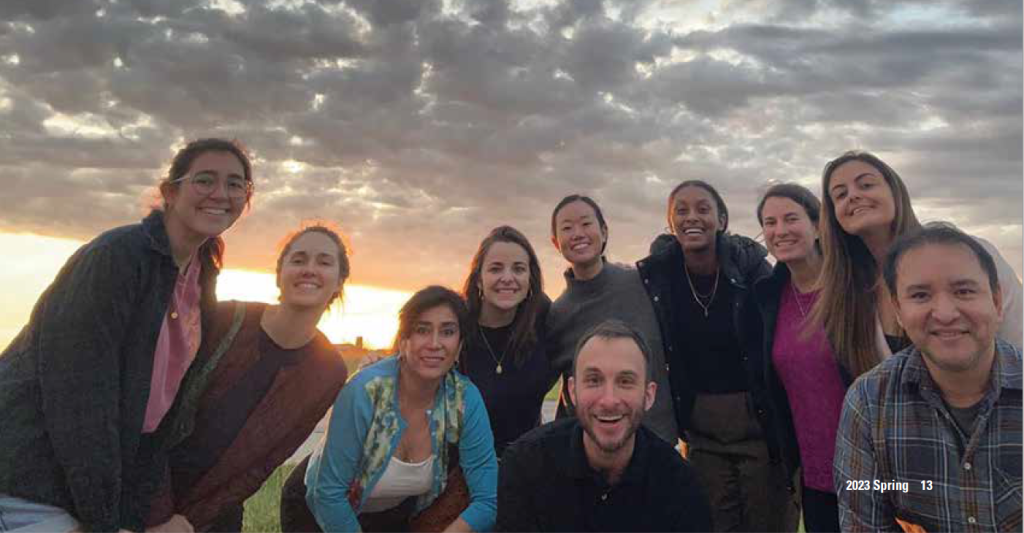The Asylum Advocacy volunteer trip includes 8-12 participants with strong Spanish skills; additional languages such as Kreyòl, Russian, Mandarin, and Dari are also valuable. Due to ICE restrictions, volunteers must be U.S. citizens or lawful permanent residents and pass a National Crime Information Center (NCIC) clearance process. Activities may include working at the Imperial Regional Detention Facility in California, preparing asylum applications, and monitoring human rights conditions.
Asylum Advocacy Volunteer Program
In response to the Trump administration’s separation of migrant families near the U.S.-Mexico border in 2018, the Human Rights Institute organized volunteer service trips to assist asylum-seeking families. When these families fleeing serious violence arrive in the United States and express a fear of return to their home countries, they are required under U.S. law to have an opportunity to seek asylum.
The Department of Homeland Security has detained such asylum seekers in jails upon their arrival. Being incarcerated makes the asylum process particularly difficult; the skills of lawyers and law students are needed to provide assistance. The first volunteer trip involved twelve law students, including first years, as well as one fellow and one faculty member over a Winter Break week in 2018-19 at the largest immigrant family detention center in the country: the South Texas Family Residential Center (STFRC) in Dilley, Texas (approximately 80 minutes southwest of San Antonio).
Since then, Georgetown Law students have regularly volunteered over Spring break to assist these detained asylum seekers. Supervised by Andrew Schoenholtz, student leaders and volunteers have traveled to Texas and California to substantially increase our partner’s capacity to provide individual consultations and interview preparation sessions. In addition, students have the opportunity to explore asylum law and direct client services, many for the first time.
Generous gifts from alumni April and John Delaney as well as Sam Lambroza, and a gift from the John and Kathleen Schreiber Foundation have funded this service project.

